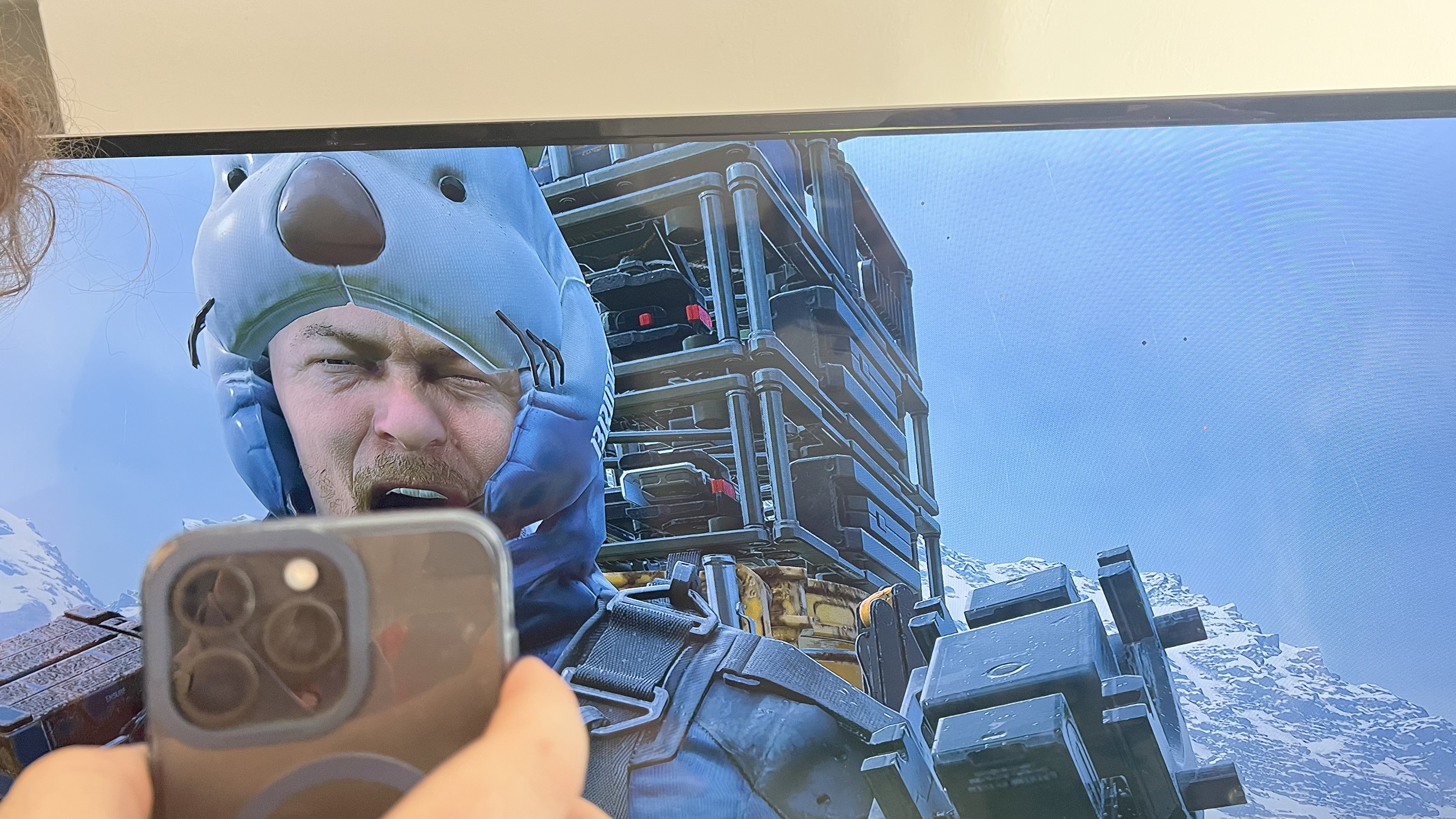

Politics is about influencing other people. Engineering is about managing constraints. Sometimes these constraints come from other people. If you want to influence a constraint you don’t like, then you often have to influence other people (i.e. politics).
I don’t see anything strange with this.






Yes, I’m just elaborating.